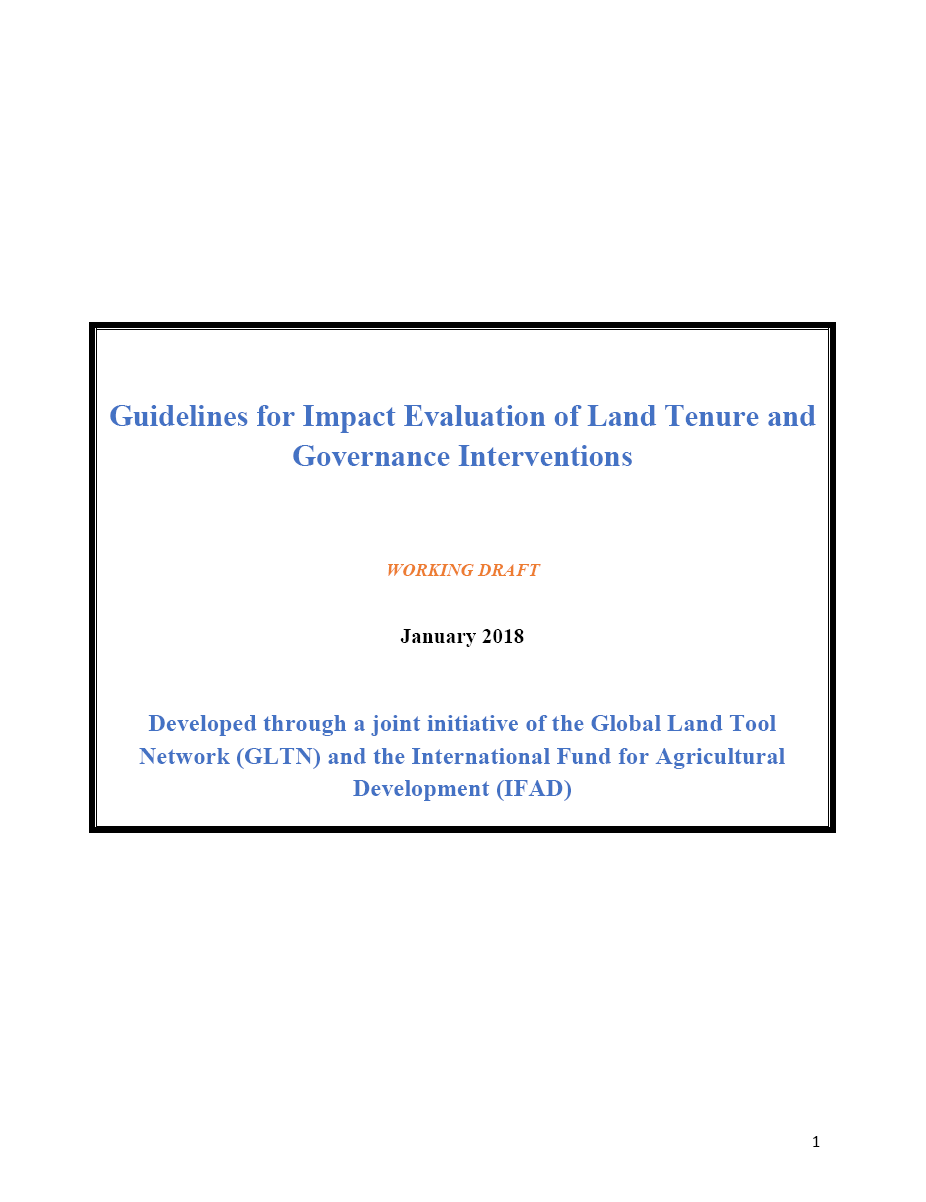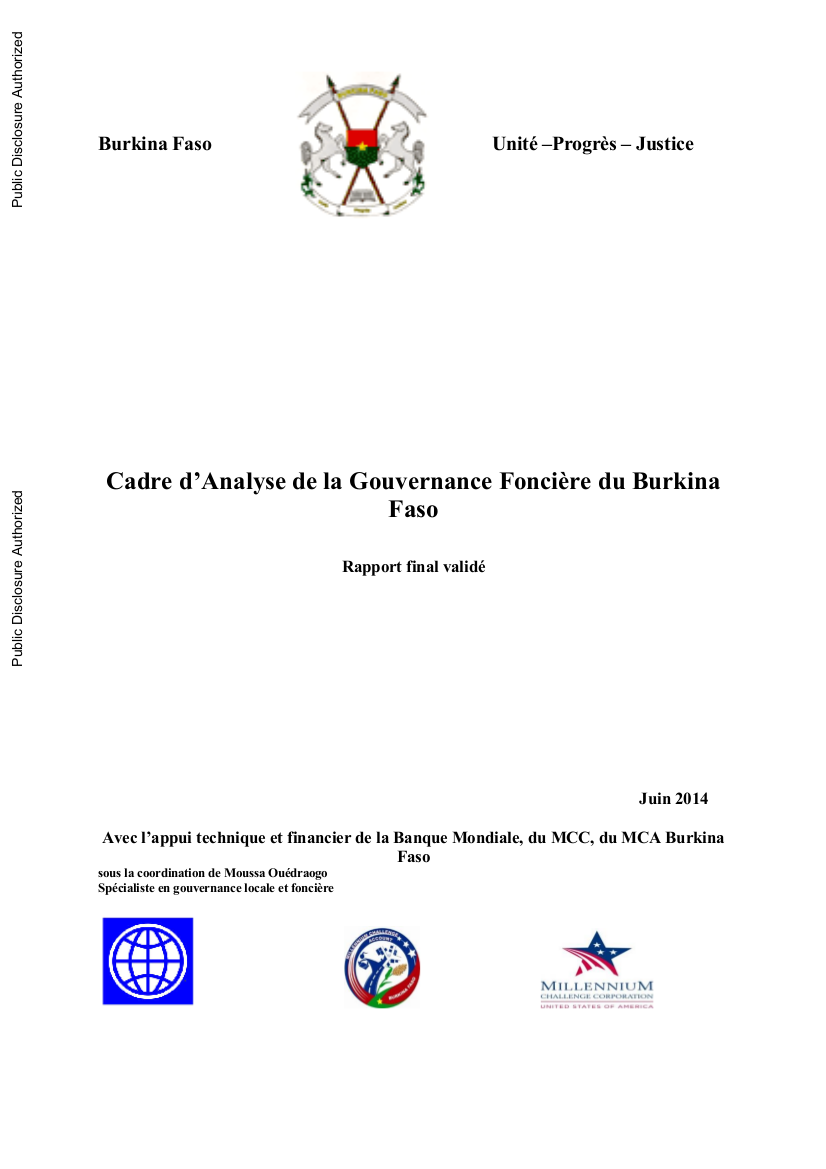Advocating for Sustainable Development in Burma (English)
... This is a resource for organisations and individuals advocating about sustainable development issues in Burma. This resource provides information about the concept
of sustainable development and about the government of Burma’s commitments and responsibilities when it comes to sustainable development.



